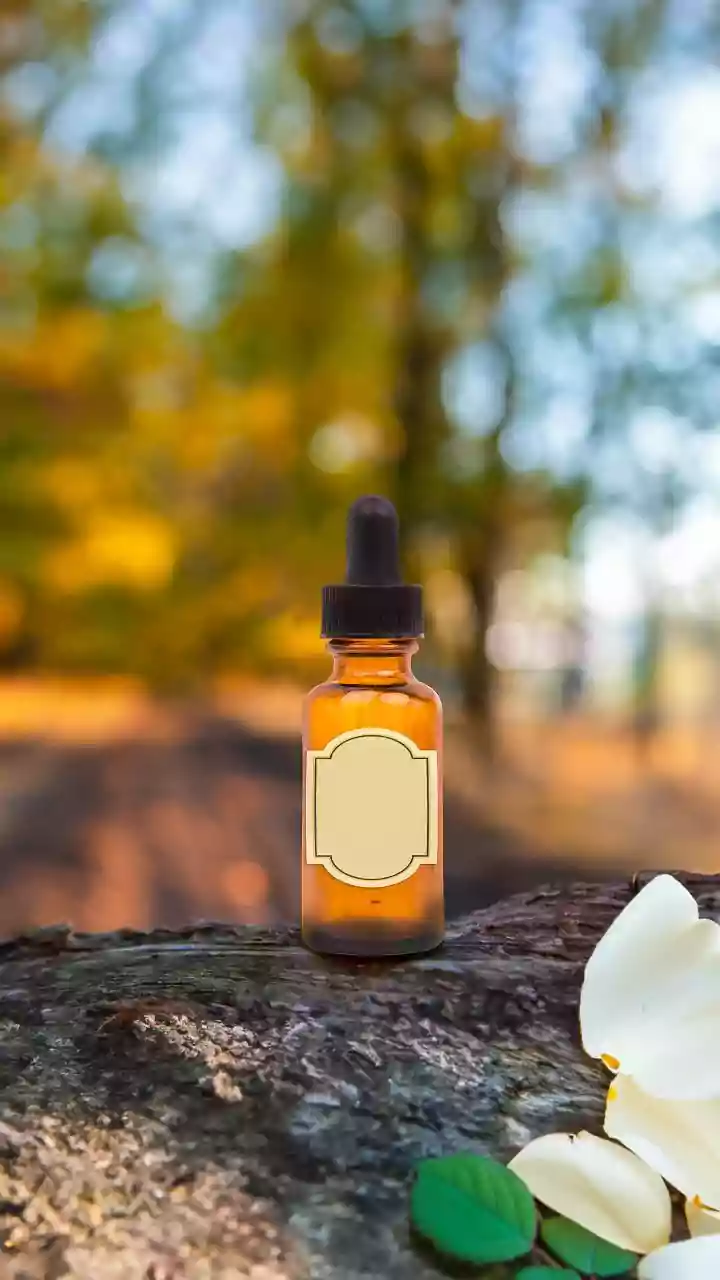Dietary Surprises Unveiled
What you eat can significantly impact your skin's health, and some dietary choices may be contributing to acne. Refined carbohydrates, like white bread,
pasta, and sugary drinks, are quickly converted into glucose, causing a spike in blood sugar levels. This, in turn, can stimulate the production of insulin, which can trigger the release of hormones that lead to increased sebum production. Excess sebum, combined with dead skin cells, can clog pores, leading to pimples. Furthermore, dairy products, especially cow's milk, contain hormones that can also trigger breakouts in some people. These hormones can disrupt the delicate balance of your skin. Processed foods and foods high in unhealthy fats may also contribute to inflammation throughout the body, including the skin. Be mindful of your consumption of these foods and consider substituting them with whole, unprocessed options such as fruits, vegetables, lean proteins, and whole grains. This will not only improve your skin health but also contribute to your overall well-being.
Stress and Its Impact
Stress, a constant companion in modern life, can significantly affect the health of your skin. When the body experiences stress, it releases the hormone cortisol, which can increase oil production in the skin. Excessive oil, or sebum, is a breeding ground for acne-causing bacteria. Beyond hormones, stress also weakens the immune system, making the skin more susceptible to inflammation and breakouts. Finding healthy ways to manage stress is, therefore, crucial for maintaining clear skin. Consider incorporating stress-reducing practices into your daily routine. Yoga, meditation, or simply taking breaks throughout the day to relax can be incredibly effective. Make sure you get enough sleep, as this is vital for the body to repair itself and regulate hormone levels. Engaging in enjoyable activities, such as spending time in nature or pursuing a hobby, can also help to reduce stress levels.
Poor Hygiene Habits
Surprisingly, even seemingly harmless habits can contribute to the development of pimples. One of the most common is not washing your face properly, or frequently enough. Cleansing your face twice a day, in the morning and evening, is essential for removing dirt, oil, and makeup that can clog pores. Failing to wash your hands before touching your face is another culprit, as hands can transfer bacteria to your skin, leading to breakouts. Regularly cleaning items that come into contact with your face, such as your phone, glasses, and pillowcases, is also vital. These items can harbor bacteria and contribute to acne. Furthermore, using expired or low-quality makeup and skincare products can also irritate your skin and lead to pimples. Always check the expiration dates of your products and choose options that are non-comedogenic, meaning they are formulated not to clog pores.
Medications and Side Effects
Certain medications can have unforeseen side effects, with acne being one of them. Various types of medications, ranging from corticosteroids to some antidepressants, can affect hormone levels and trigger breakouts. These medications can increase sebum production or lead to inflammation, causing pimples to form. Always carefully review the side effects listed for the medications you are taking, and consult with a dermatologist or doctor if you suspect your medication is contributing to acne. If this is the case, they can potentially adjust your dosage or recommend alternative medications with fewer side effects. Additionally, remember to be mindful of supplements. Some supplements, particularly those containing high levels of iodine or vitamin B12, can sometimes trigger acne. It is always wise to inform your doctor about all of the supplements and medications you take.
Environmental Factors to Note
External environmental factors often get overlooked, but they can significantly impact your skin's health. Pollution, particularly in urban areas, can contribute to the development of pimples. Air pollutants can clog pores and cause inflammation, leading to breakouts. Certain weather conditions may worsen acne. High humidity and heat can make your skin produce more oil, while dry, cold weather can dehydrate your skin, making it more vulnerable to irritation. Consider the environment around you. Regularly cleaning your face and using a gentle cleanser after being exposed to pollutants can help remove impurities. Stay hydrated and use a good moisturizer if you live in dry climates. Be mindful of environmental triggers, and adjust your skincare routine accordingly to help your skin stay clear and healthy.



















